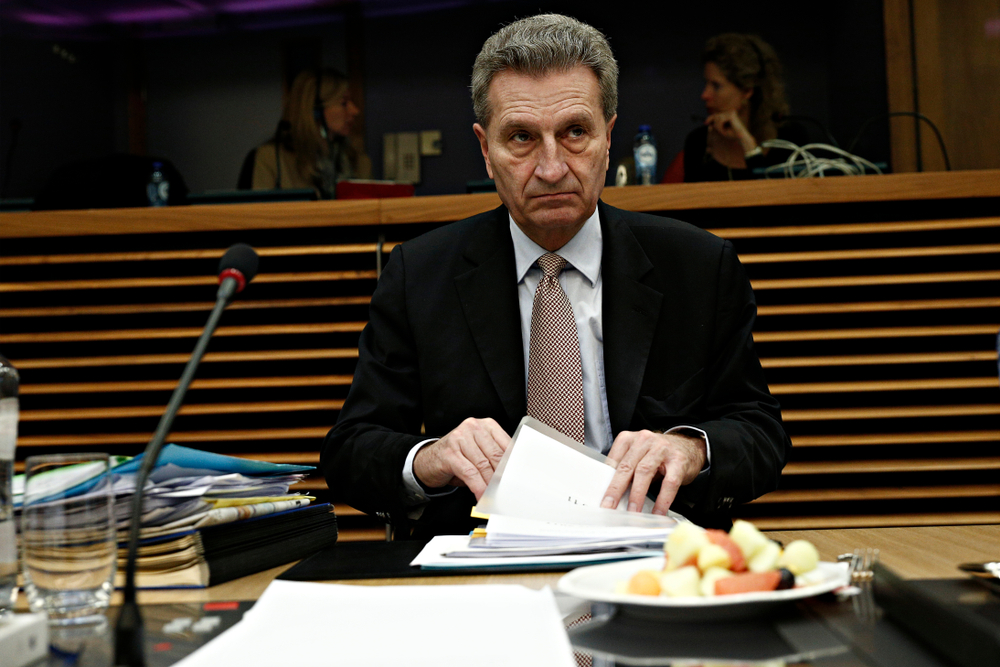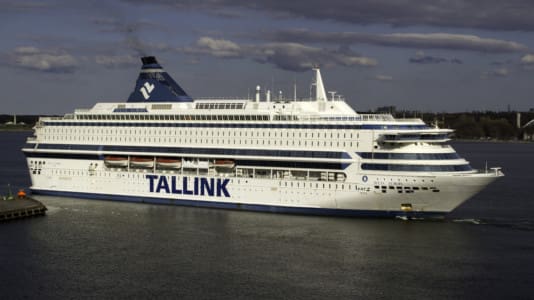A German former EU commissioner has claimed that Germany is “a relegated country” in decline due to a lack of innovative capacity and a low willingness to reform.
Speaking at a congress of the Media Association of the Free Press in Berlin on Thursday, Günther Oettinger said the EU powerhouse is “a sick case” in need of “rehabilitation.”
He called for a radical change in tack from the federal government akin to the Agenda 2010, a legislative package introduced in Germany in the 2000s that aimed to reform the German welfare system and labor market.
[pp id=78530]
“Back then, we gained a head start in terms of competitiveness and have now used it up,” he told attendees.
“If you descend or are on the descent, there is a risk of a loss of prosperity,” said Oettinger, who is a former prime minister of the German state of Baden-Württemberg and former EU budget, digital economy, and energy commissioner.
“For me, Germany is on the decline, it is a relegated country,” he added.
The German economy entered a technical recession last month after two consecutive quarters of contraction. It remains the only major global economy that the International Monetary Fund (IMF) estimates will shrink this year, sparking fears over its long-term future as the leading European economy.
Oettinger also lamented the quality of political debate in Germany and questioned the extent to which political leaders had the capacity to handle the economic concerns facing them.
[pp id=82187]
The CDU politicians claimed that political discourse was stagnant throughout the country, and claimed that it isn’t just the federal government that is responsible for the current failings, but also the weak opposition, of which his CDU party is the largest, failing to adequately hold the government to account.
Public disillusionment with the status quo is palpable and evidenced by the rise in popularity of the right-wing conservative Alternative For Germany (AfD) party which hit a polling high of 20 percent last week.
It puts the party on par with the Social Democrats (SPD), the largest party in the traffic light coalition, and gives the AfD a serious chance of having considerable sway in the formation of the next German federal government.






